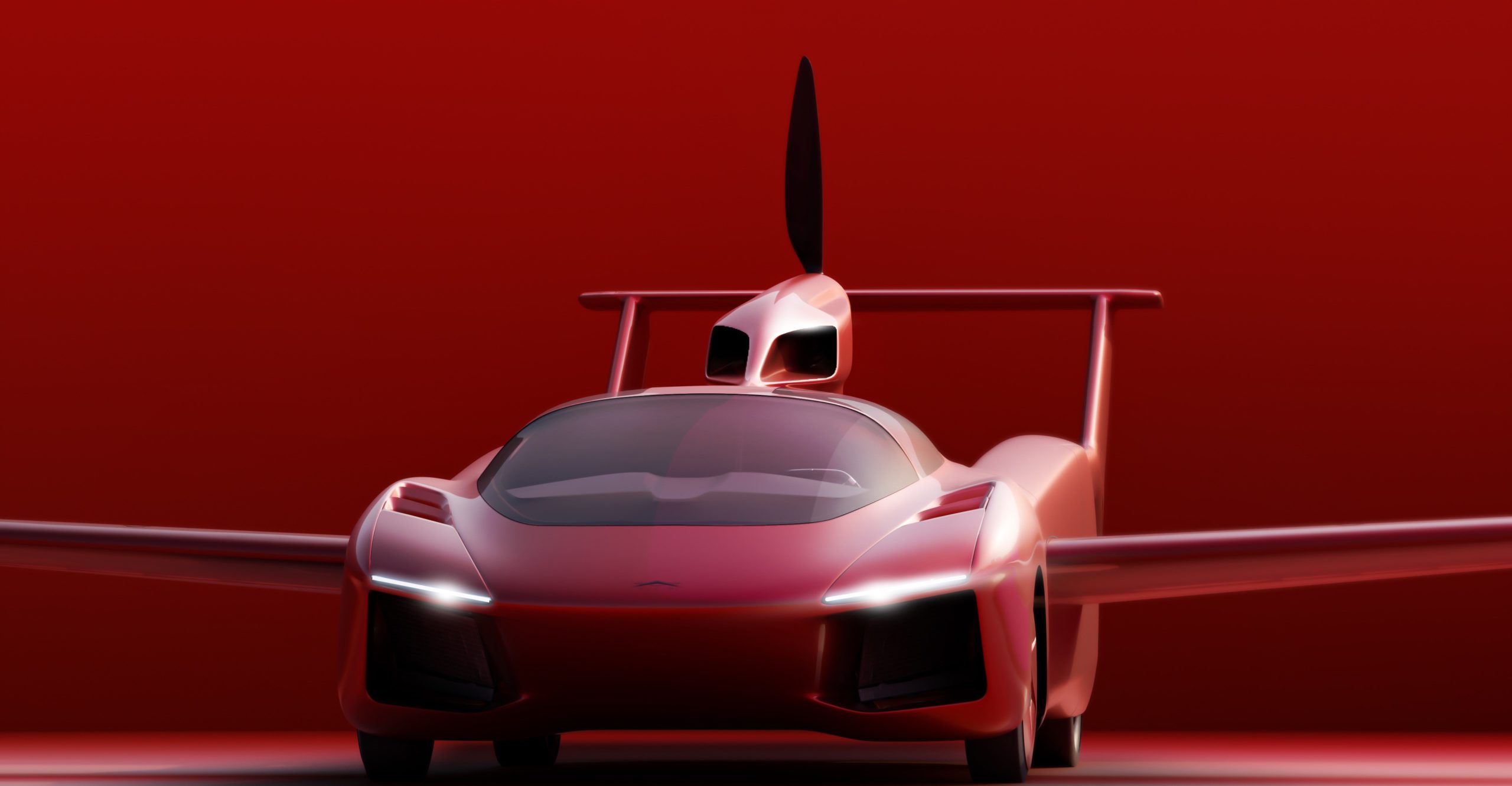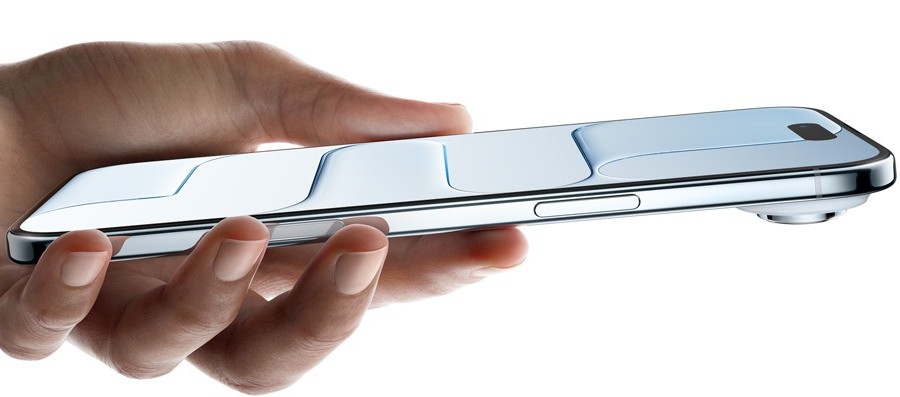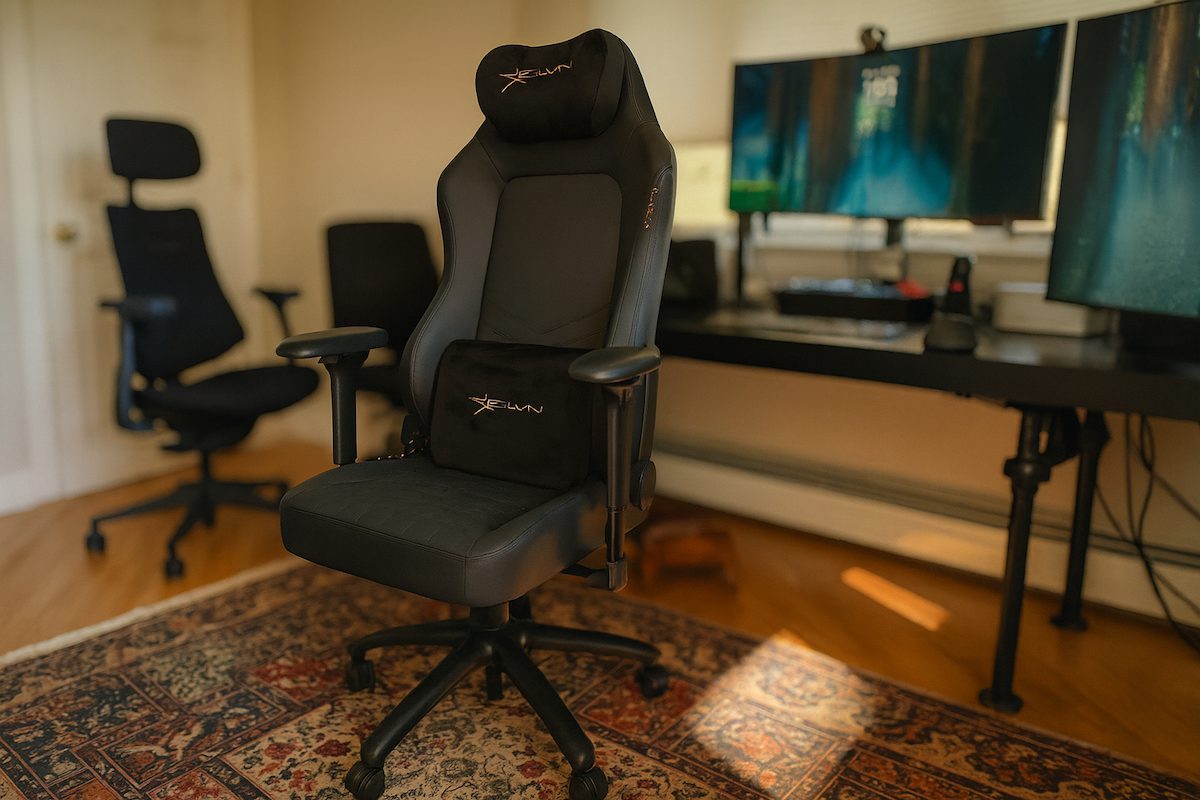Slovak company Klein Vision claims its sleek AirCar will transform from road vehicle to airborne cruiser in under two minutes when it hits the market next year. The $800,000 flying car reportedly completes its metamorphosis with a single button press, like watching a Transformer toy come to life, minus the Michael Bay explosions. Wings unfold, tail extends, and the engine switches from wheels to propeller while you perform your pre-flight check. It’s one of the most Astounding Flying Cars shaping the future of mobility.
From Garage Project to Sky-High Reality
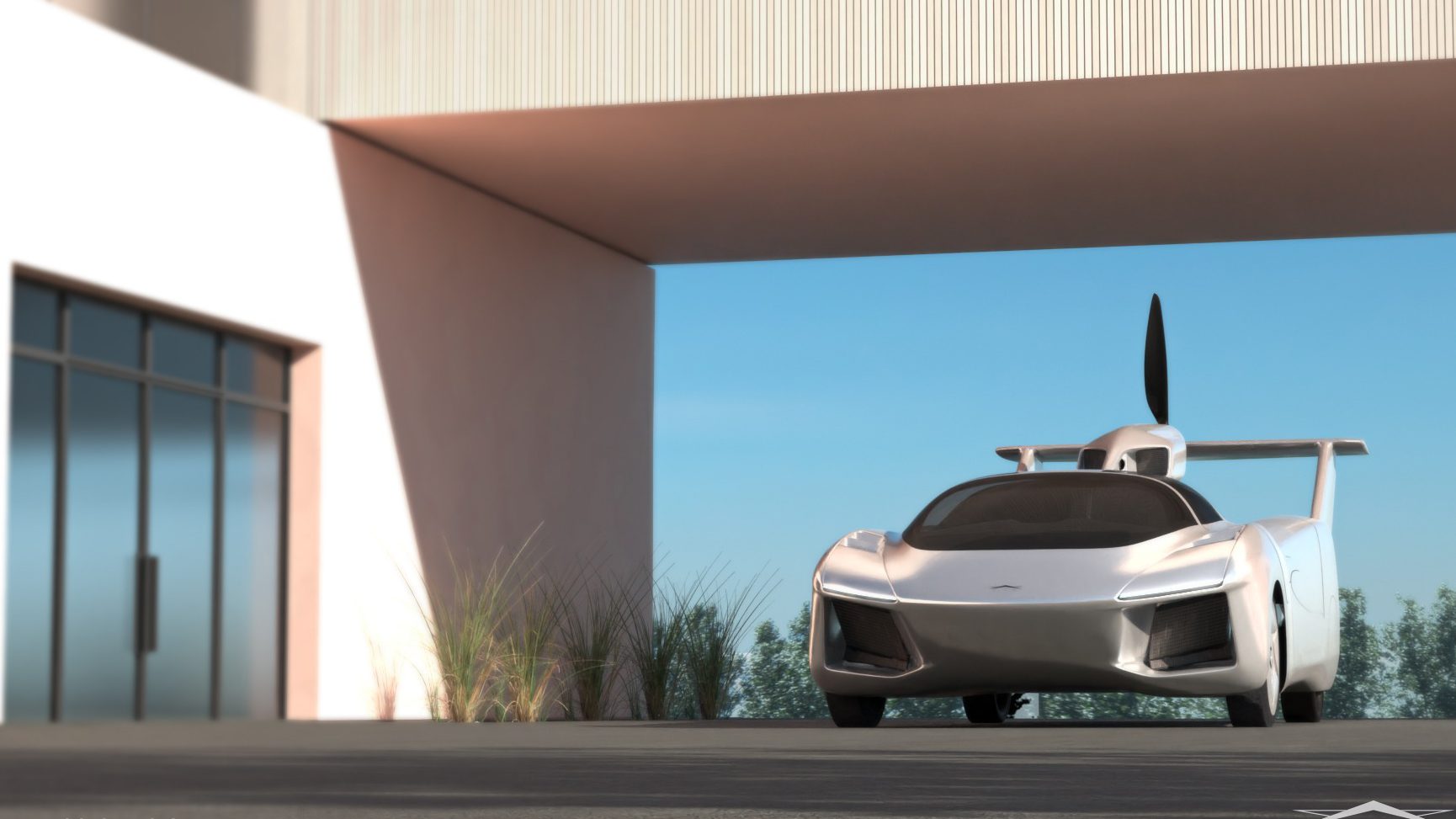
The AirCar isn’t just another flying vehicle concept destined for the graveyard of tech promises. According to company statements, Klein’s team has completed over 500 test flights with their current prototype, and the final production model is targeted for certification in September.
“The goal in building this dual-mode vehicle was to build a sports car that behaves like a sports car, and in aircraft mode, that behaves exactly like an aircraft with zero compromise,” says co-founder Anton Zajac, whose partner, Stefan Klein, once built planes in secret during communist rule.
Supercar Specs That Actually Fly
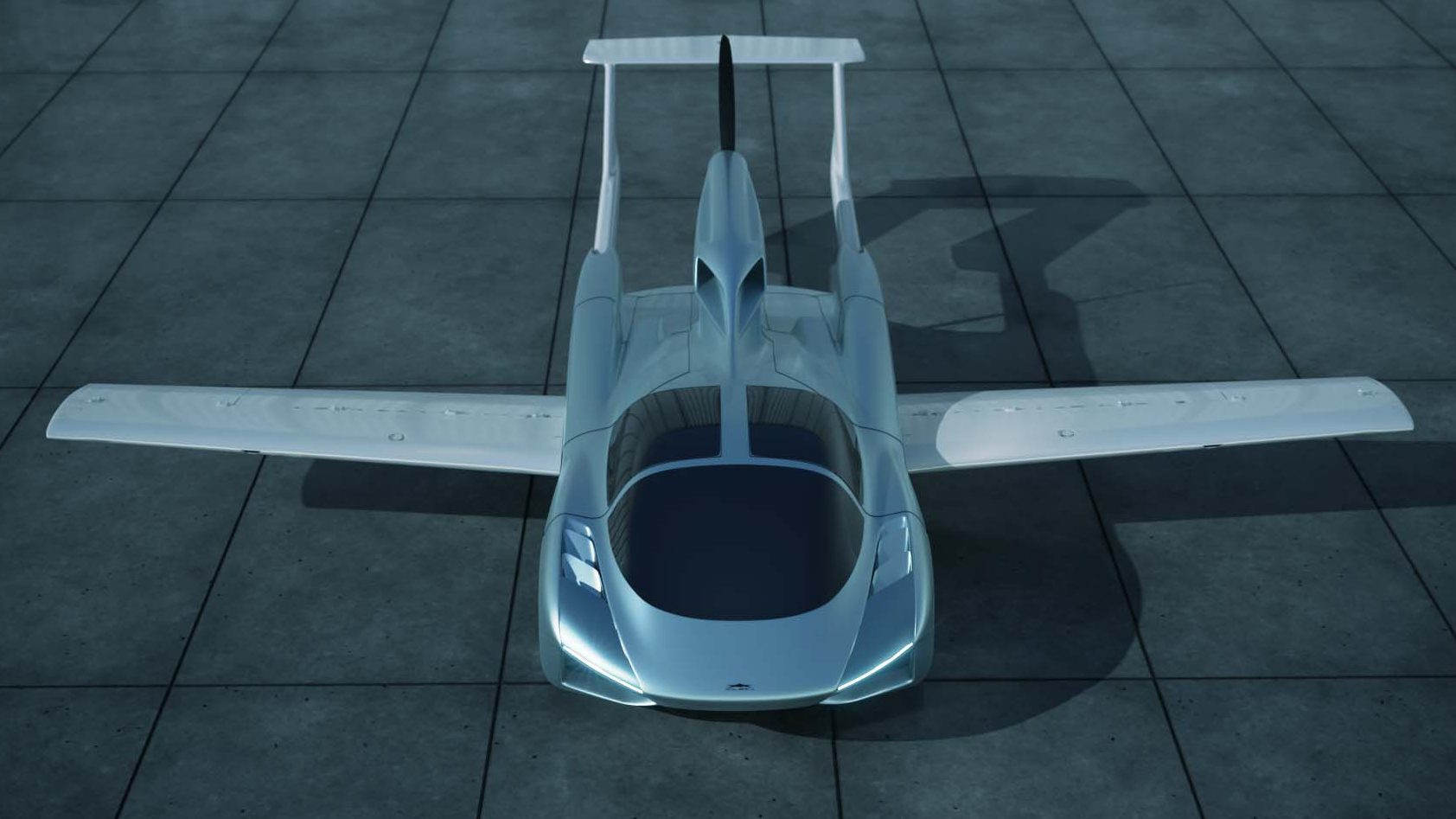
The fifth-generation AirCar’s specs read like something from a sci-fi brochure. Three engine options top out with a 340-horsepower twin turbo that pushes the vehicle to 155 mph in the air and 124 mph on roads.
The lightweight monocoque frame replaces welded tubes of earlier designs. With multiple fuel tanks holding up to 42 gallons of high-octane gas, Klein Vision claims this hybrid marvel can cruise 620 miles by air. Road range specifications vary across sources.
Luxury Meets Aviation
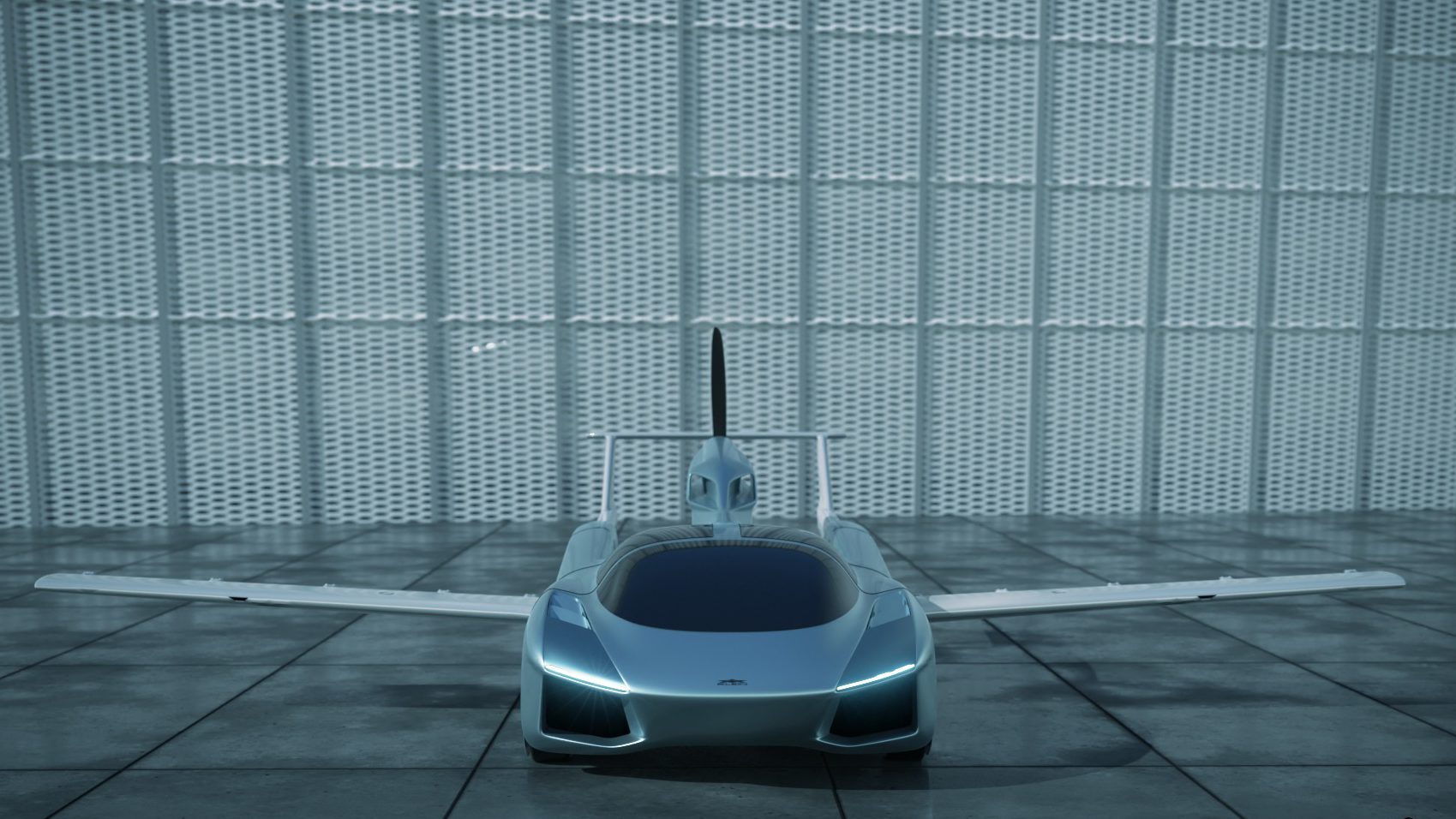
The AirCar’s cockpit is designed to feel like a premium sports car, with the steering wheel transforming into a flight yoke for air travel. The price confirms this luxury positioning: $800,000 to $1.2 million, depending on engine choice and interior appointments.
The two-seater maintains standard parking dimensions—about the size of a Mercedes S-Class when wings are tucked away. It’s like having a Bugatti that identifies as an F-16 on weekends. This design could eliminate expensive hangar fees for owners.
Revolutionary Transformation Process
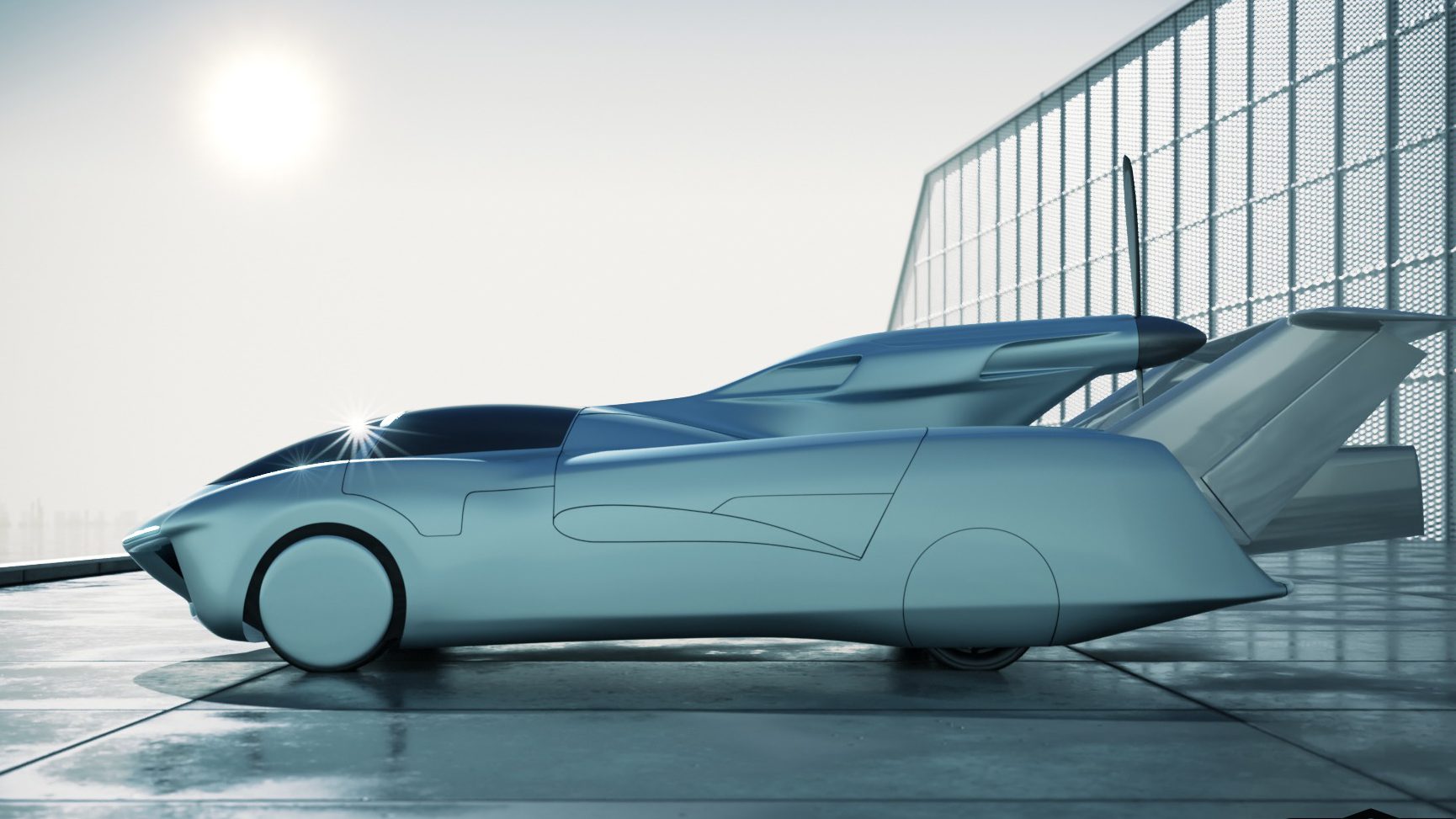
According to Zajac, the transformation is remarkably straightforward: “You align the car in the direction of the runway and push a button on the steering wheel. That turns the steering wheel into a yoke.” The entire process takes just 80 seconds, from road-ready to flight-ready.
Every aspect of the vehicle reconfigures automatically. After transformation, one quick walk-around for a pre-flight check, and you’re ready for takeoff. This user-friendly design could make flying cars accessible to anyone with a private pilot’s license.
Beyond the Initial Takeoff
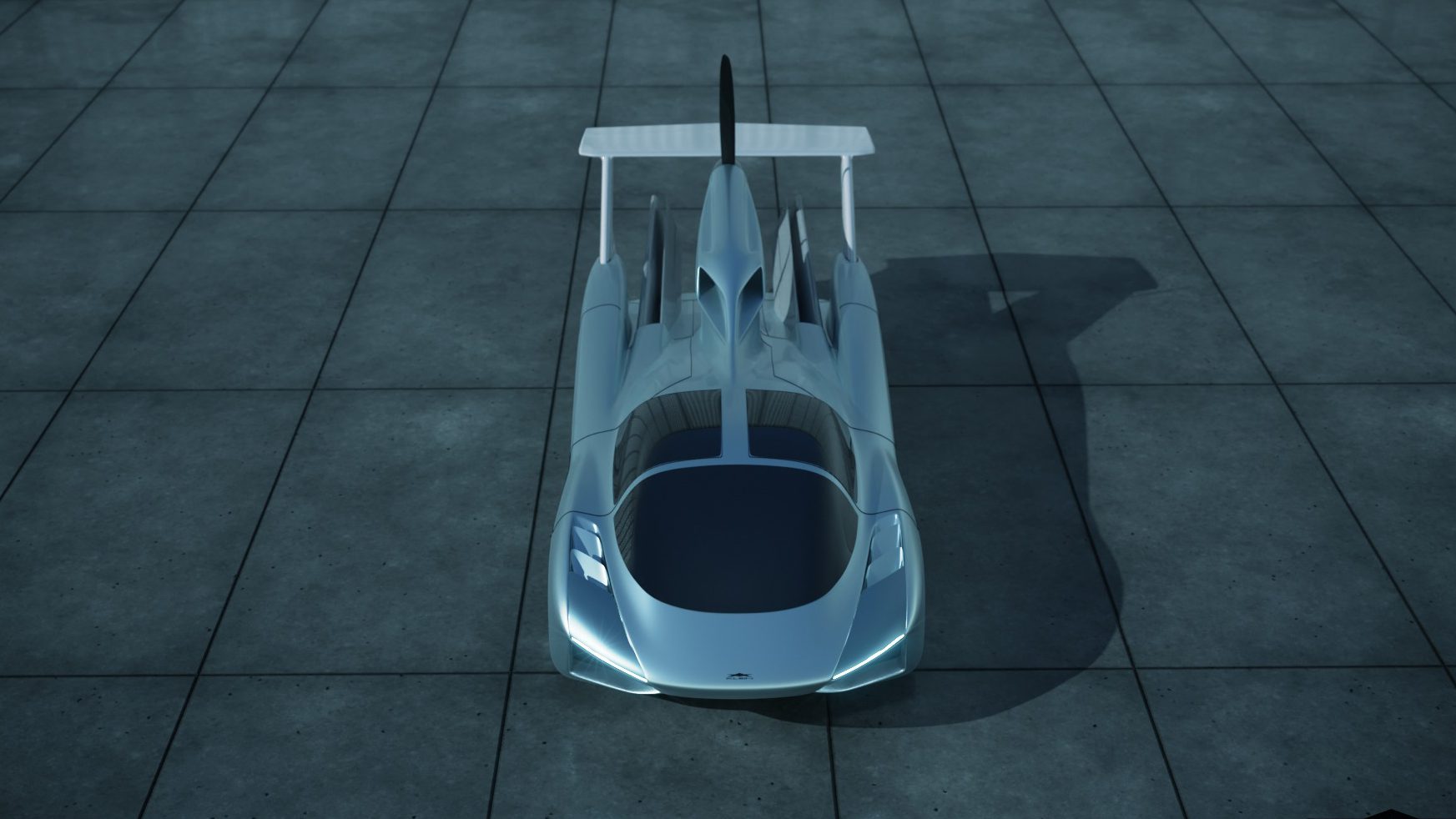
Klein Vision’s roadmap extends beyond their first production model. Their budget? According to Zajac, “two orders of magnitude lower” than competitors who’ve poured hundreds of millions into similar ventures.
The company is also exploring an amphibious version. “A three-mode vehicle would be very unique,” Zajac told New Atlas in May 2025, suggesting this multi-terrain option could be developed within five years if the initial AirCar succeeds.
Though priced like a small aircraft rather than a car, the AirCar represents the latest attempt at something the industry has chased for decades. Customer deliveries are scheduled for early 2026, when we’ll learn if this long-pursued transportation concept finally takes flight.


